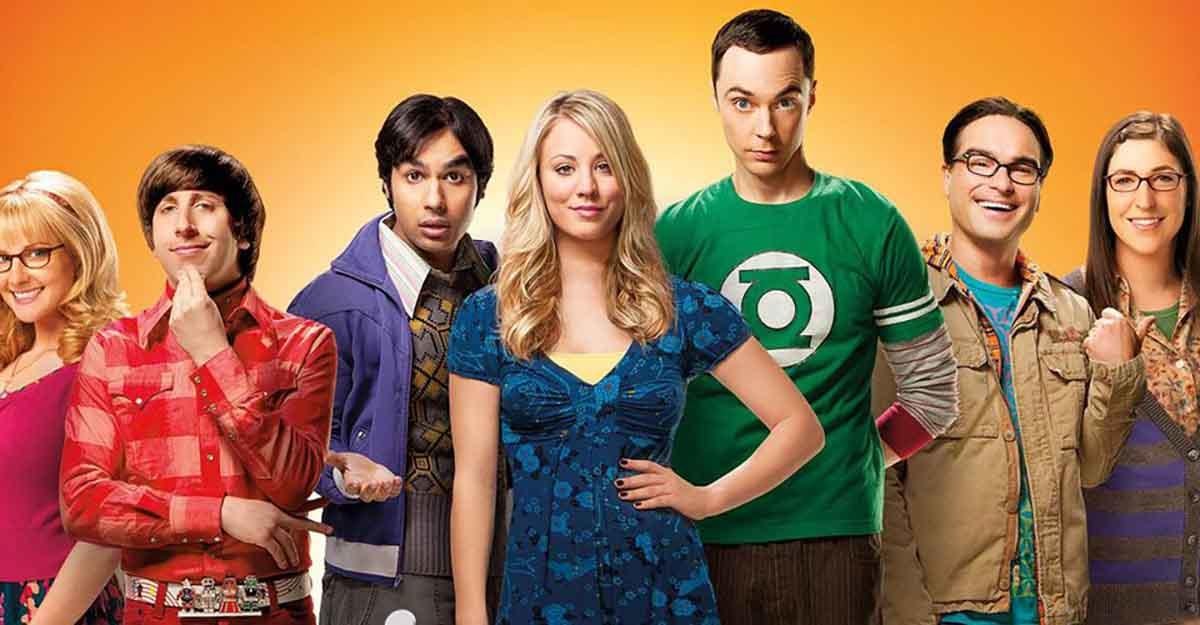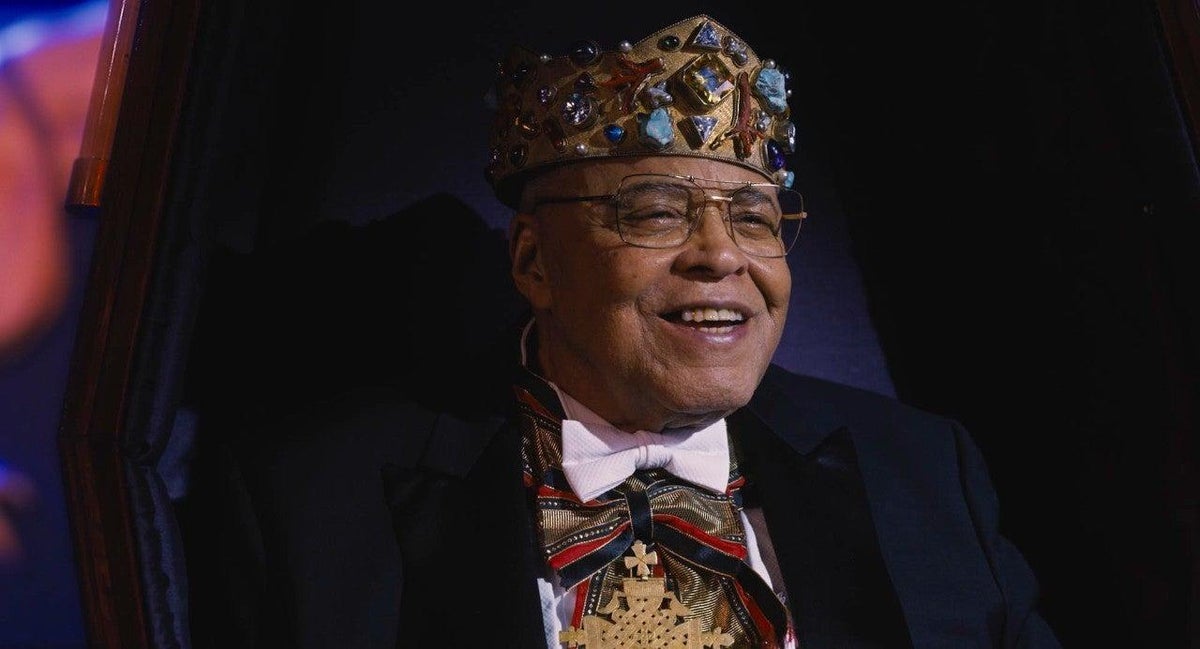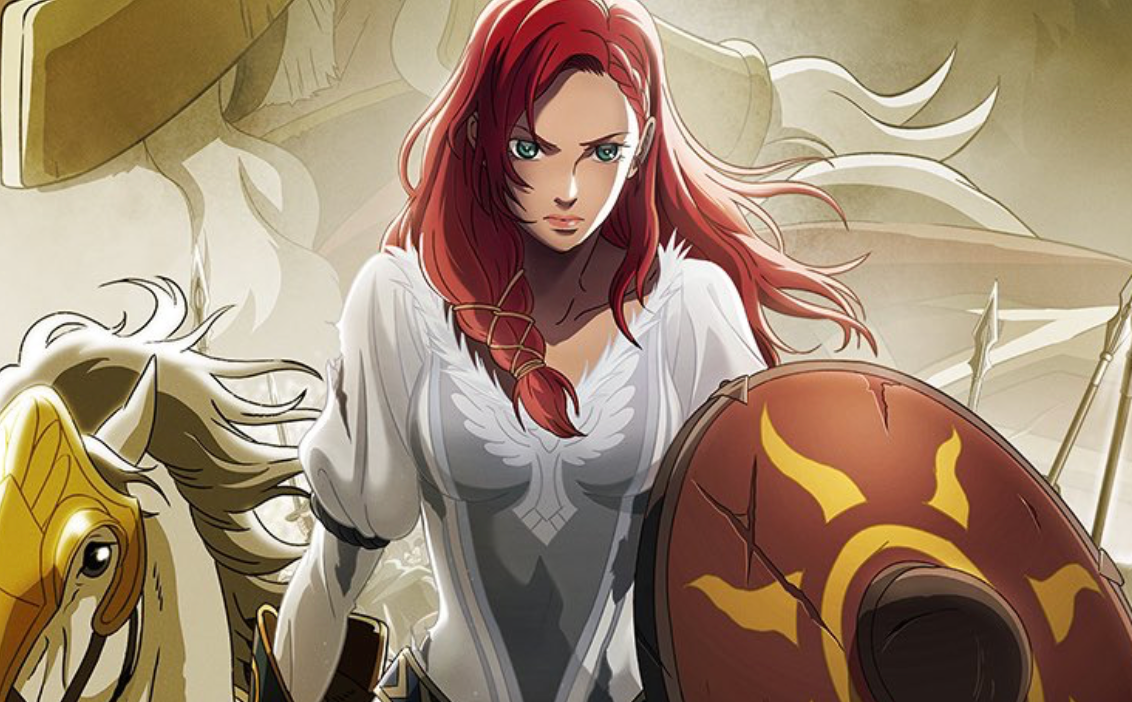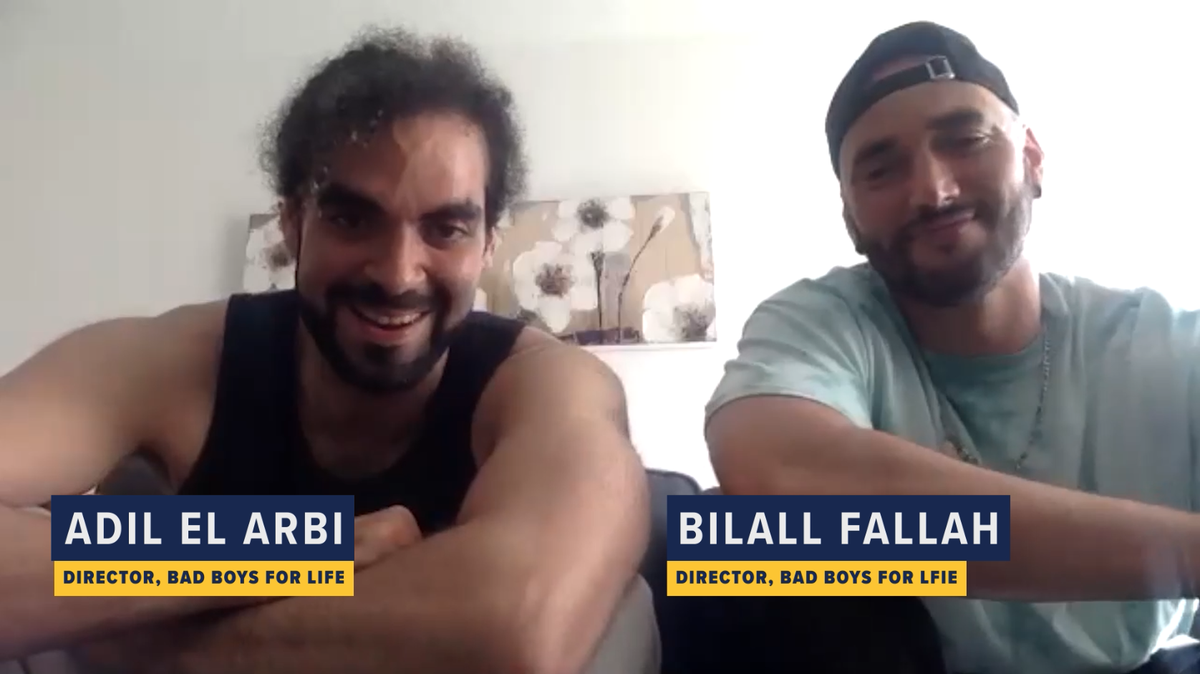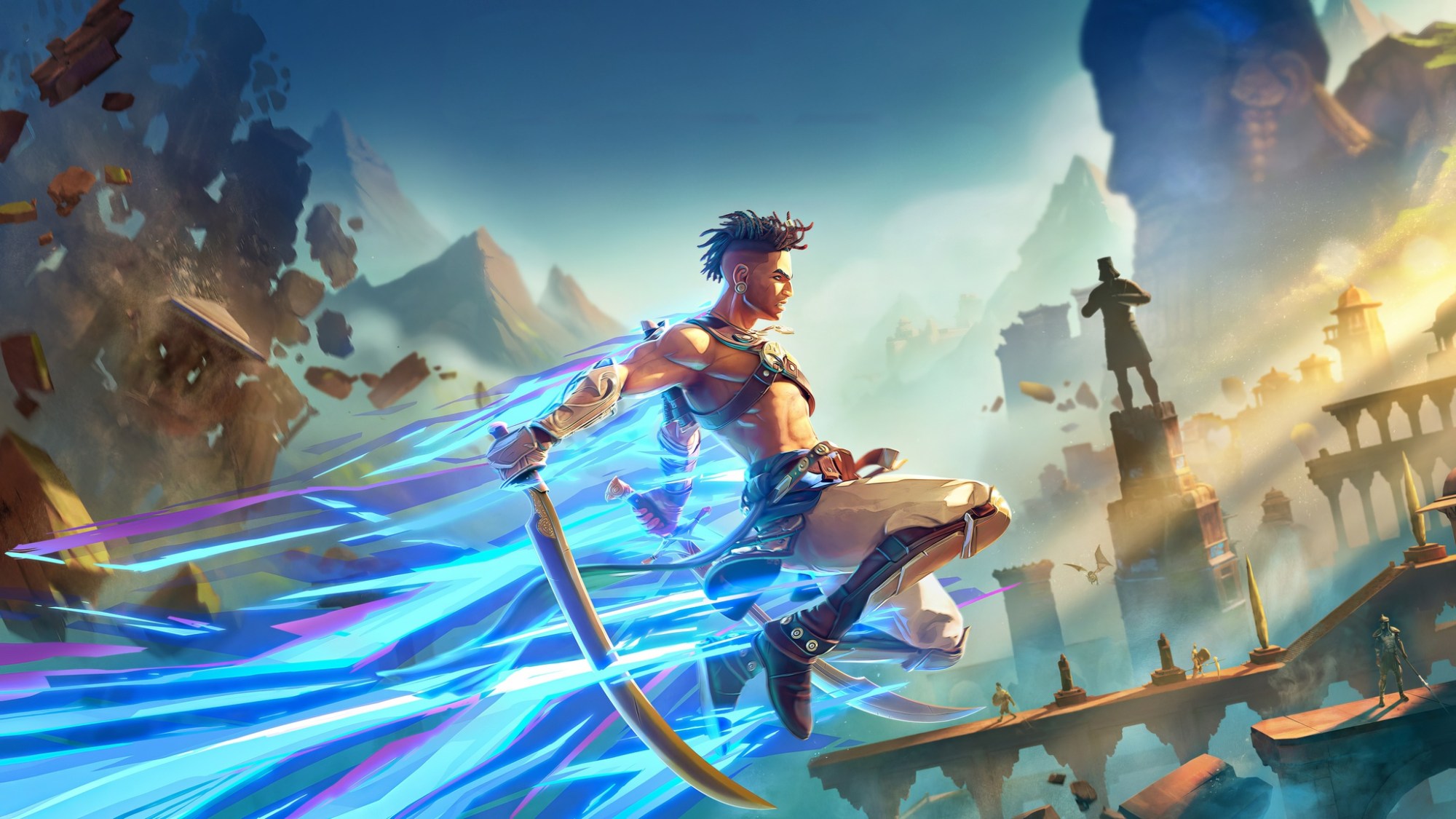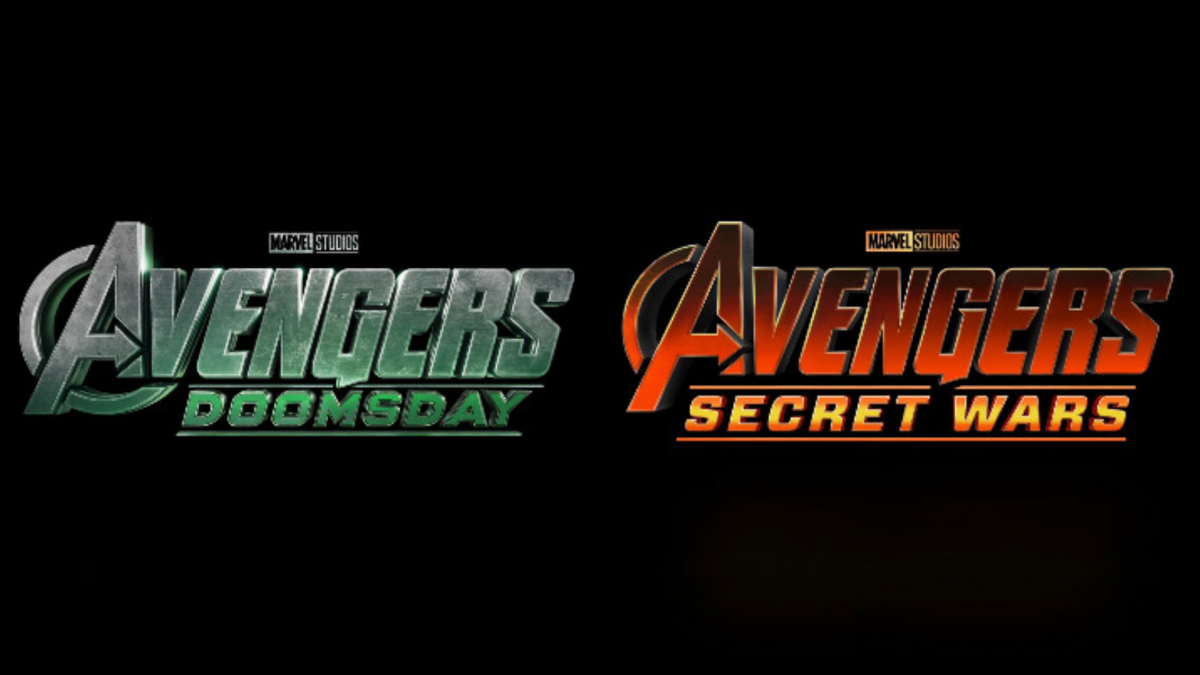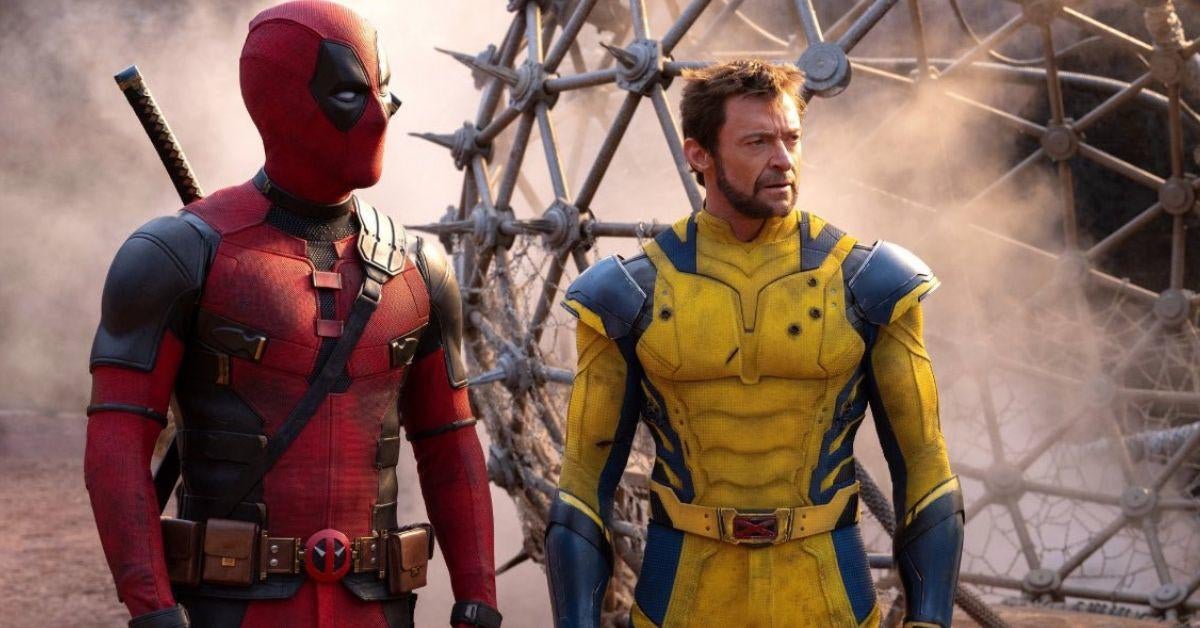Since its premiere in 2007, The Big Bang Theory has remained one of the most successful sitcoms in television history and its success only continues, both thanks to streaming and spinoffs. With Young Sheldon and Georgie and Mandy’s First Marriage serving as prequels, The Big Bang Theory continues to tell its story and be a part of our overall entertainment culture. Unfortunately, as social norms have evolved over the years, certain episodes of the parent series have begun to stand out for all the wrong reasons. Nearly two decades after The Big Bang Theory’s debut, there are just some episodes that haven’t aged well. We’re breaking down 7 of them that are now problematic, years after their broadcasts.
Videos by ComicBook.com

“Pilot” (Season 1, Episode 1)
In this episode, Sheldon and Leonard encounter a person that they refer to as a “transvestite,” but that is only part of the problem with this episode. Not only does the episode use a term for a transgender or non-binary person that is considered outdated and offensive, but the episode turns the character’s identity into a source of ridicule as a means of “humor”. Modern audiences are far more aware now of the importance of inclusive representation, with jokes like these no longer being acceptable.
[RELATED: Two Big Bang Theory Stars Set To Reunite On Another Hit Sitcom]

“The Pork Chop Indeterminacy” (Season 1, Episode 5)
In this episode, Sheldon’s twin sister, Missy, visits Howard, Leonard, and Raj who immediately compete for her attention in uncomfortable and inappropriate ways. Howard, in particular, crosses multiple boundaries with advances that objectify Missy and refer her as a prize to be won. The show frames his harassment as quirky, when in reality, that kind of behavior is incredibly offensive.
Additionally, instead of being a complex character with emotional depth, Raj is typically reduced to his social awkwardness around women, which is evident in this episode. When Missy tells him that he was the only one who stood a chance with her, he could not reciprocate his true feelings, at least not without medication, making fun of those with social anxiety in the process.

“The Dumpling Paradox” (Season 1, Episode 7)
During the first scene of this episode; Raj, Leonard, and Howard attempt to use the voice command on Howard’s phone to call Leonard. After a few attempts with no success, they try a different tactic. Leonard asks the phone to call “M’kflono M’kflooniloo” to mess with the device. However, the phone uses the words and calls “Rajesh Koothrapalli” instead.
This scene in particular has racist overtones when it comes to Raj’s name and culture, essentially making fun of his accent and his long name. The episode does note it was demeaning, as Raj states, “It’s very impressive and a little racist”, but it didn’t stop them from coming back to those tropes, not only in the series overall, but in the exact same episode. Just a little later, he is left alone in the kitchen after the others went to bed, with the joke being the suggestion that he’s “harder to see” in the dark.

“The Cooper-Nowitzki Theorem” (Season 2, Episode 6)
In this episode, Sheldon finds himself being pursued by a graduate student, Ramona Nowitzki, who is depicted as obsessive and unhinged in her infatuation with him. The show plays on her clinginess, portraying her as an ambitious woman using flattery and emotional manipulation to get ahead. Her behavior is exaggerated to the point of being cartoonish, with the narrative reducing her to a crazy stalker. This reinforces the out-of-date idea that women who pursue their goals in aggressive ways are off-putting and “crazy”, and has not aged well.

“The Hofstadter Isotope” (Season 2, Episode 20)
During this episode, Howard’s attempts to pick up women at a bar get raunchy as his first line is, “First we let the lawyers and the jocks thin the herd, and then we go after the weak, the old, and the lame”. He follows that up with the equally problematic “If you see a chick with a seeing eye dog, she’s mine.”
These comments cross multiple boundaries and are entirely inappropriate and degrading. What also makes this episode problematic is the comic book store scene when Stewart tries to flirt with Penny. Though his intentions may have been pure, the opening scene of the store shows several men inside staring at her for multiple seconds. This reinforces the stereotype of female characters in geeky types of spaces being portrayed as anomalies rather than equals. Generally, this episode’s approach to women is just problematic overall and is sadly not an outlier for the series.

“The Lunar Excitation” (Season 3, Episode 23)
In this episode, Raj and Howard create a dating profile for Sheldon, introducing one of the show’s most iconic characters, Amy Farrah Fowler. However, humor soon comes at Amy’s expense, with multiple jokes targeting her. While not all of the jokes are specifically in this episode, the insults towards Amy continue on through the show’s overall duration, such as in Season 6 when Raj admits he once had feelings for both Bernadette and Penny, but never had any towards her. It becomes clear that the producers have their own takes on how her attractiveness and serious personality is not as “acceptable” as the other two female leads. This not only makes her the butt of the joke, but objectifies the other female characters in the process.

“The Speckerman Recurrence” (Season 5, Episode 11)
In this episode, Leonard reunites with his former high school bully, Jimmy Speckerman, who appears to be attempting to make amends. However, instead of addressing the serious emotional toll that bullying can have, the show minimizes Leonard’s trauma and turns it into a series of jokes at his expense. Leonard’s attempts to confront Jimmy about the bullying are brushed aside, with Jimmy showing little remorse for his actions. Though Leonard eventually stood up to Jimmy and pushed him back with force, the story-line pivots to making fun of him for his lack of masculinity as he and Sheldon run away in fear. It’s an offensive and inappropriate stereotype that just doesn’t sit well to many who experienced bullying first-hand.
Every season of The Big Bang Theory is now streaming on Hulu.
